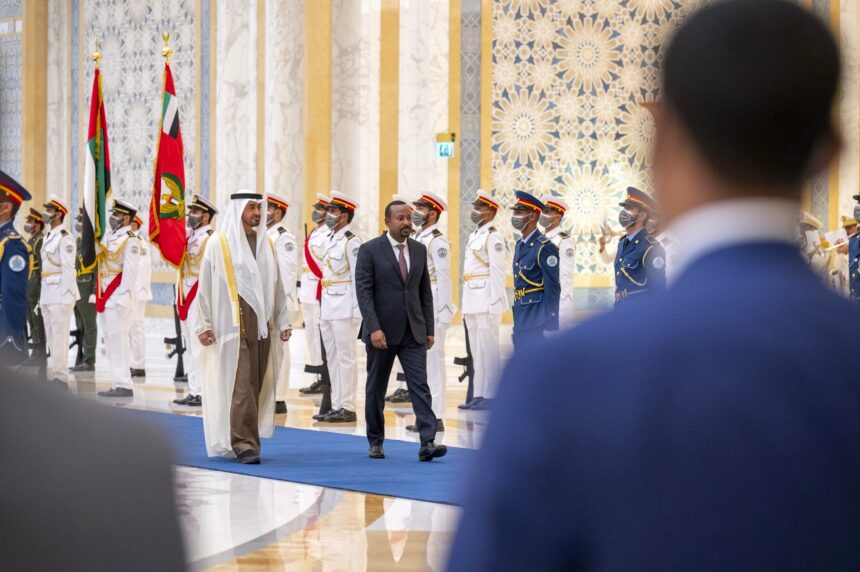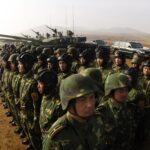Summary by Geopolist | Istanbul Center for Geopolitics:
While other Gulf Cooperation Council governments have limited engagement, the United Arab Emirates has emerged as a major security partner in sub-Saharan Africa. It has done this by extending its influence through the sale of armaments, the training of defence personnel, and money. Companies based in the United Arab Emirates, including Streit Group and Calidus, have been increasing their shipments of armoured vehicles to nations such as Sudan, Nigeria, and Ethiopia since the late 2010s. The motivation behind this is a combination of geopolitical and geoeconomic concerns, such as the need to combat extremist threats and ensure the availability of economic possibilities. Through extensive training and financial assistance initiatives, the United Arab Emirates (UAE) provides assistance to local forces in Somalia and the Sahel region.
Motivating Factors and Methods of Approach
Influence in the Geopolitical Arena: The United Arab Emirates’ security engagement has strategic origins. The United Arab Emirates (UAE) portrays itself as an important regional actor by providing support for counterterrorism efforts in places such as the Sahel and the Horn of Africa. This fills a void that traditional powers previously left. In particular, about East Africa, the diplomatic crisis that occurred in the Gulf region between 2017 and 2021 further exacerbated Abu Dhabi’s battle with Qatar and Turkey for influence. As a result of the competition, several countries, including Somalia, Chad, Ethiopia, and Mozambique, have entered into several agreements and collaborations.
Economic and Strategic Objectives: The United Arab Emirates is focused on securing its economic interests and ensuring a stable environment in which it has invested. This is in addition to its geopolitical objectives. Countries such as Ethiopia, in which corporations from the United Arab Emirates maintain large investments, have been recipients of both military equipment and initiatives designed to assist in capacity-building. Having stability in these regions guarantees that Emirati assets will be protected and that they will have access to rising markets.
Diverse Security Assistance: The United Arab Emirates’ approach goes beyond the provision of military hardware and includes the provision of training, finance, and the building of infrastructure. A military training facility was established in Mogadishu with the assistance of this organization, and it also provided financial support to various brigades of the Somali National Army. The deployment of helicopters and the provision of financial support for military colleges in Mauritania are two other examples of its complete participation.
The role of the private sector: Although the United Arab Emirates government is in charge of key security projects, private enterprises play a vital role. Businesses such as EDGE, which just secured a deal worth $1.05 billion with Angola, and Streit Group, which distributes armoured vehicles throughout the region, operate with the tacit sanction of state authorities, so blurring the distinctions between private and governmental power.
Perspectives on the Future
As the United Arab Emirates (UAE)’s domestic defence sector continues to flourish, the country is well-positioned to broaden its product offerings to include sophisticated munitions and drones, both of which require less training and are simpler to deploy. By supplying armaments and forming multifaceted military ties, the United Arab Emirates (UAE) has the potential to become a significant security player in Africa, with the ability to influence the dynamics of regional security. In the meantime, Saudi Arabia, which has primarily engaged through restricted arms shipments, may attempt to mimic the method taken by the United Arab Emirates as it increases its own production capabilities. The growing competition among the Gulf Cooperation Council (GCC) for African alliances has the potential to dramatically redefine the security landscape.
The United Arab Emirates (UAE) is presenting itself as a strategic actor capable of influencing war outcomes and aligning African security policies with its own broader geopolitical aims by combining the transfer of armaments, the signing of military agreements, and the provision of assistance for regional security efforts.







